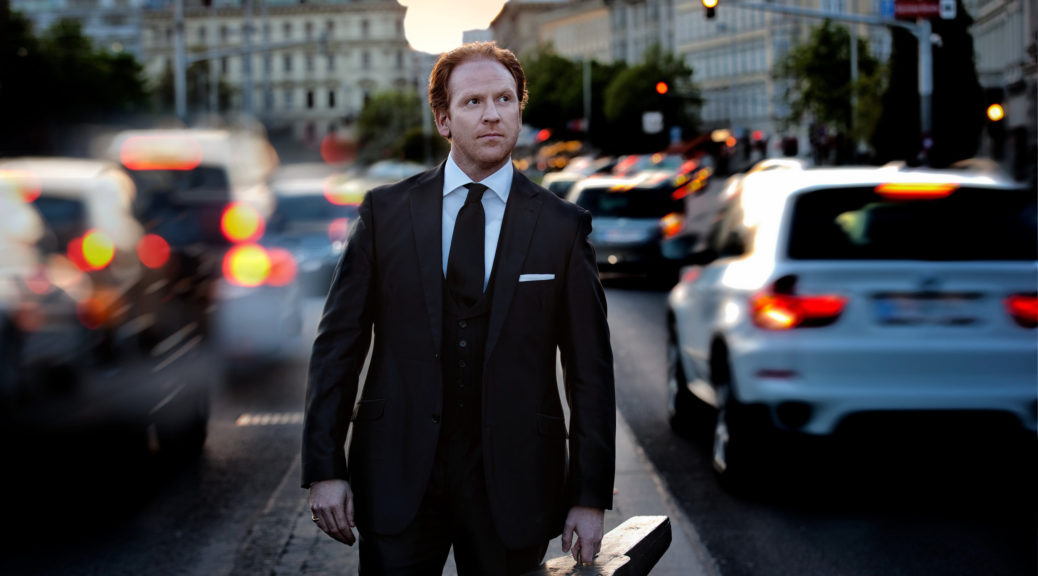
Where There’s Hope, There’s Life
BERKELEY—A great new era was launched here. Now there is Hope for us all.
British leader/violin virtuoso Daniel Hope, that is, who is our latest classical-music rock star. He led the most exquisite “Fantasia on a Theme of Thomas Tallis” you have ever heard in his debut as artistic director Feb. 8. His New Century Chamber Orchestra produced breath-taking sonorities and perfect tuning in playing an updating of a 17th-century theme reenkindled a century ago by Ralph Vaughn Williams. A true feast for the ears.
The whole Hope program in fact consisted of “recomposed” updates of earlier music. This raised the question of whether Hope has an aversion to 18th-century musical practice, potentially incurring the wrath of purists. But if he does, we are not exactly deprived. Since our area already has two top period-instruments ensembles perfectly primed for early music, the NCCO has no need to add yet one more.
This concert was the symbolic phoenix rising out of the ashes, with the community hall (connected to the concert site, the First Congregational Church) still out of action because of a fire two years ago. That forced the nimble NCCO to dash in and out up the main aisle, lugging contrabasses and all, using the alternate meeting hall near the front entrance.
At the other extreme from baroque we got Max Richter’s postmodern revision of “Recomposed: Vivaldi Four Seasons,” which is flashier and sleeker than the original (themselves a set of violin concertos played to death everywhere, even shopping malls, per Richter, thus calling for a fresh approach). This 40-minute opus offers freedoms and impressions much as found in jazz improvisations, and play as uninhibited as in gypsy music. Instead of baroque gentility, composer Richter, 52, gives us a charged-up express train of some two-dozen strings-only players, with a whirlwind virtuoso (Hope) out front, and a massive harp bolstering the bass. There’s also a harpsichord, playing along amicably and inaudibly. Hope’s solo animation is captivating, and his intensity comparable to an exploding supernova.
There was also a “brawl,” but don’t tell the sexton. “Brawl” is the pronunciation of the French “bransles,” a very orderly Renaissance dance occurring in the retrospective dance collection of Peter Warlock’s “Capriol” Suite (1926).
Late in life, after his suicide attempt and shortly before his institutionalization, Robert Schumann wrote his iffy Violin Concerto which was not premiered for nearly a century. The slow movement, as edited by Benjamin Britten, offers an ingratiating violin melody as endless as any themes featured in music of Richard Strauss. It is so lyrical that if you said it was written as a lied, all would believe it.
Overall, Hope’s official debut was a roaring success, punctuated by some short narrative introductions that should be mandatory listening for student conductors.
MUSIC NOTES—The Northern California music scene has clout around the country, even in Europe, from where most of the early-music leadership comes. Besides Hope, both of Philharmonia Baroque’s directors are also British, the latest appointee being Richard Egarr, now head of the elite Academy of Ancient Music. And the heads of the Carmel Bach Festival have all been European for more than half a century.
New Century Chamber Orchestra, Daniel Hope artistic director, repeating “Recomposed” in Bay Area venues through Feb. 10. For NCCO info: (415) 357-1111, or go online.